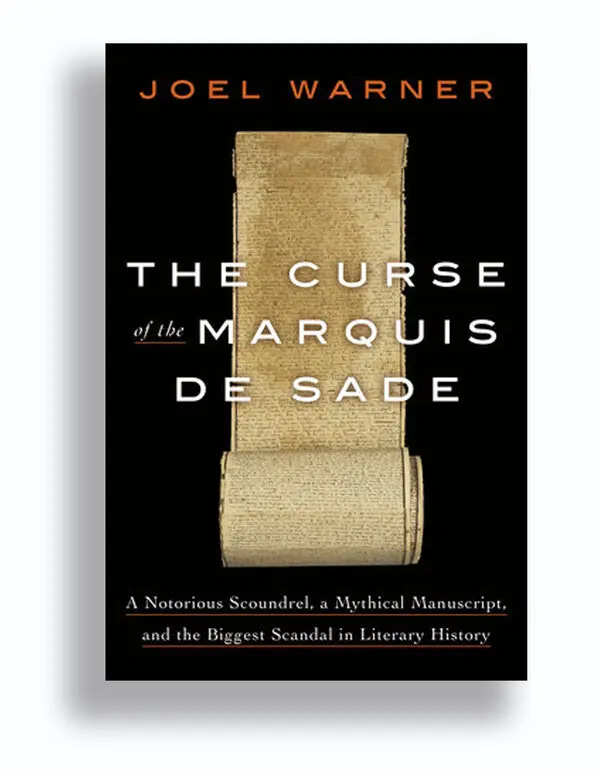To see a world in a grain of sand
How to discover a panoramic story in the small, mundane details
To see a World in a Grain of Sand
And a Heaven in a Wild Flower,
Hold Infinity in the palm of your hand
And Eternity in an hour.
William Blake
Hello and welcome to the A-B-C of Writing True Stories. Today, let’s take a look at how to find amazing true stories in the everyday objects around us and the overlooked events of our lives or long-passed events languishing in the margins of history.
Sometimes exciting and sweeping stories are hiding under our noses. As a writer, there can be a temptation to be drawn to the big, significant moments: a world war, a political leader who changed the world, the winners in life.
But it can be very refreshing — and surprising — to look into the shadows, at the seemingly significant and the uncelebrated.
Death of John F Kennedy
New York journalist Jimmy Breslin never followed the press pack in any story he wrote.
When US President John F. Kennedy was assassinated in Dallas in November 1963, Breslin knew every other reporter would be milling around the White House in Washington to cover the aftermath.
But Breslin wanted to approach the story differently. He wanted to encapsulate the shock and grief that his nation was feeling.
So what did he do?
He went and interviewed Clifton Pollard, the man tasked with digging Kennedy’s grave. “It’s an honor,” Pollard told Breslin, and the story had an incredible emotional punch. In the everyday was the universal. Sixty years later the piece is still held up as an exemplar of journalism excellence.
Look around you: everyday items
The birth control pill. Not a very promising idea for a gripping book. Or so you might think.
But journalist Jonathan Eig, author of the superb Ali: A Life and the just-published King: A Life, thought otherwise. When he looked at the untold story behind its development, he knew he had to write a book.
The result was The Birth of the Pill: How Four Pioneers Reinvented Sex and Launched a Revolution.
Eig said: “I mentioned to my poker buddies that I was writing a book about the invention of the birth control pill, and they looked at me like I was drunk or something.
“And I'm OK with it, but I think it's sad that people think birth control is only a women's issue. It's not. It's certainly played a pretty big role in my life, and I think it's important that men learn to talk about it.”
In Eig’s view, the Pill was a more important 20th century invention than the telephone or the aeroplane because it liberated more people.
This was not an obvious revelation and it took Eig to spot the narrative potential.
Story about a manuscript
Another unlikely source of an excellent true story was a long, rolled up manuscript.
The Marquis de Sade’s 120 Days of Sodom is one of the most controversial works of literature in history, a recognised masterpiece of sexual violence that is nevertheless still banned in some countries.
Yet it was the true story of the history of de Sade’s manuscript that caught Warner’s imagination.
He said: “I think about book projects like I think about getting a tattoo. I don’t want to embark on examples of either unless I am confident I am going to enjoy living with the results for a very long time.
“As a longtime general assignment reporter, I’ve come across many stories that possibly could have been books, but hardly any of them seemed intriguing enough to me to consume years of my life.
“That changed in 2015. My good friends Grace Hood and Vince Darcangelo told me that during a recent trip to Paris, they had tried to visit a manuscript museum to see an infamous 40-foot scroll written by the Marquis de Sade, only to be turned away by police officers who said the museum’s owner was accused of being France’s Bernie Madoff.
“The tale captured my attention, and the deeper I dug into the matter, the more convinced I became that this was a story in which I could immerse myself for years.”
The book blurb describes Warner’s book thus: ‘The captivating, deeply reported true story of how one of the most notorious novels ever written — Marquis de Sade's 120 Days of Sodom — landed at the heart of one of the biggest scams in modern literary history.’
Beyond the obvious
So the lesson from these examples is to look beyond the obvious. Don’t go for the easily-found story. Can you unearth the story behind the story?
Thank you for reading. I hope it has opened your eyes to the possible stories around you.





